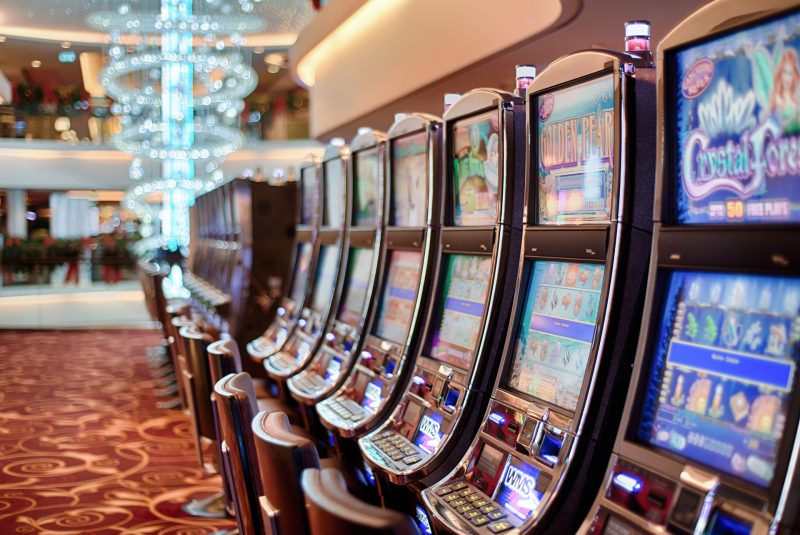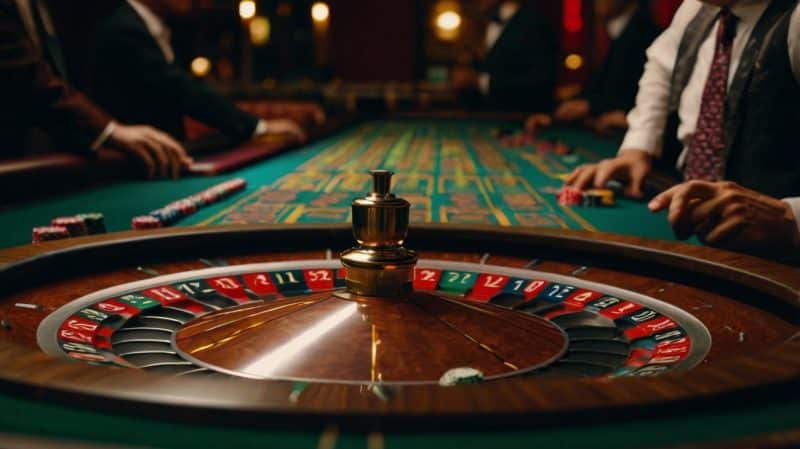When it comes to casino gambling, the ultimate goal is always a big win at the casino. That moment when the stars align, the cards fall in your favor, and the bells and whistles of the machine erupt in a symphony of sound – it’s what keeps us coming back for more. But what are the chances of hitting it big, and how can we increase our odds of success?
How do you calculate the probability of winning a casino game?
Now, let’s talk probabilities. Probability is a big word that means how likely something is to happen. For example, if you flip a coin, there is a 50/50 chance it will land on heads or tails. That means it’s equally likely to land on either side.
When gambling, it’s essential to understand probabilities to make intelligent decisions. For example, let’s say you’re playing a game where you roll a dice, and if it lands on a specific number, you win a prize. If you roll a six-sided dice, there are six different numbers it could land on. The probability of rolling a specific number (let’s say 4) is 1 out of 6. That means you have a 1 in 6 chance of winning the prize if you roll the dice.
When we talk about statistics in gambling, we’re talking about the odds of winning or losing a game. The odds are calculated using math and probability, which can help us understand how likely we’ll win or lose.
Let’s take the example of a simple coin toss game. In this game, you toss a coin, and if it lands on heads, you win $2. If it lands on tails, you lose $1. The probability of getting heads is 1/2, and the probability of getting tails is 1/2.
Now, let’s use statistics to calculate the expected value of playing this game. Expected value is a way to measure how much money you can expect to win or lose over time. To calculate the expected value, we multiply the probability of each outcome by the payoff of that outcome and then add up the results. For this coin toss game, the expected value is:
(1/2 x $2) + (1/2 x -$1) = $1 – $0.5 = $0.5
This means that, on average, if you play this game many times, you can expect to win 50 cents per game. Of course, this is an average, and you might win or lose more or less in any game.
Let’s take another example, this time with a game of roulette. In roulette, there are 38 numbers (1-36, plus 0 and 00), and you can bet on which number the ball will land on. If you bet on a single number and win, the payoff is 35 to 1. If you bet $1 on a single number and win, you’ll get $35 back, plus your original $1 bet. But the probability of winning is 1/38, or about 2.63%.
So, let’s calculate the expected value of betting $1 on a single number in roulette:
(1/38 x $35) + (37/38 x -$1) = -$0.053
On average, you can expect to lose about 5.3 cents per game if you bet $1 on a single number in roulette.
Expected value is a critical concept in gambling because it can help you decide whether to play a particular game. If the expected value is positive, you can expect to win money over time. If it’s negative, you can expect to lose money over time.
However, it’s important to remember that the expected value is just a mathematical concept. It doesn’t mean you will win or lose a certain amount of money in any game. Gambling is a game of chance, and risk is always involved. If you gamble, do it responsibly and within your means.
Conclusion
In casino gambling, the odds are always stacked against the player. However, you can increase your odds of hitting it big by understanding the complex system of probabilities that govern each game and utilizing effective strategies for maximizing your chances of success. Whether you’re a seasoned pro or a first-time gambler, a big casino win is always within reach. Just remember to gamble responsibly and to always play within your means. Here’s the best part : On blockspingaming – you can enjoy a vast array of exciting casino games without spending a single penny. With a diverse range of free slots at your disposal, you can have a blast and enhance your gaming prowess, all without any of the risks associated with losing real money.




